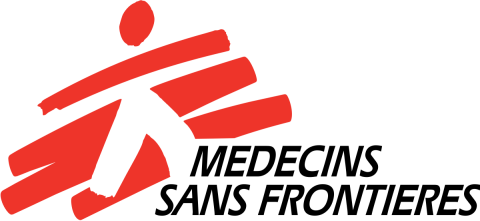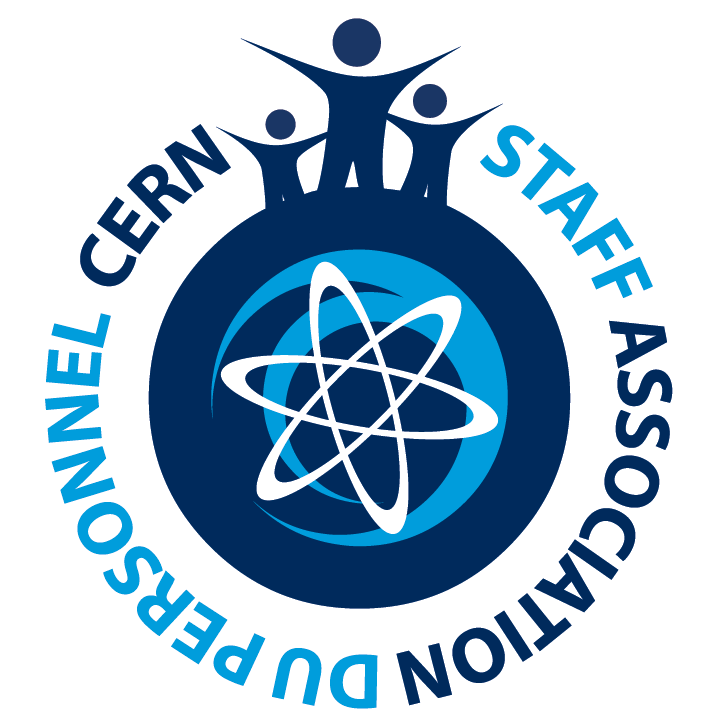Our emergency response to the Earthquakes in North-western Syria and South-east Türkiye

1) South-east Türkiye
![]()
MSF is supporting different local NGOs and civil society organisations to provide humanitarian relief to people in Türkiye affected by the earthquakes. Today we continue to provide assistance to local organizations active in the provision of mental health and psychosocial support. In addition, we are also supporting the setup of clean, safe and warm spaces for people to access support, showers and toilets, laundry machines, charging docks, among other services. Now that the most acute needs have been met, MSF is ending its support for local organizations dedicated to supplying medical equipment and other essential items; in total, the NGOs provided 96.6 tons of fruits and vegetables, 390,500 meals, 53.1 tons of firewood, 38,841 hygiene kits, 375 tents, 65 containers, 173 showers, 350 toilets and other materials distributed to people in need.
Psychosocial support:
The provision of psychosocial support is crucial following all the suffering experienced by the people. It is key that it is given with a long-term perspective. MSF, through local NGOs and civil society organizations, is supporting psychosocial activities for people affected by the earthquakes, including survivors and affected populations, psychosocial healthcare workers and volunteers. The psychological toll of the disaster has also affected people physically, sometimes causing panic attacks, muscle pain and eating disorders. Many people were left homeless or feel unsafe to return to their homes.
As a response, MSF provided technical and financial support to local NGOs, to build and establish three psychosocial and living centers - in Adıyaman, Malatya and Kahramanmaraş - called “NEFES”. “These are a ‘safe haven’ in central locations, open to all people, especially to women and girls. Not only psychosocial support is offered, but also activities for children, as well as washing machines and showers. These centers also offer separate rooms for mothers with newborns so that they can breastfeed in peace.
“Nefes” is a well-known word in Turkish, and it describes well what these centers offer: the opportunity to take a deep “breath” while living the earthquakes’ consequences.
Water and sanitation activity:
As of the 4th of May, 650 thousand households - some 2,6 million people - still live in tents, while over 157 thousand people are accommodated in 85,500 containers. Access to water and sanitation remains a major issue in order to protect the health of the population and prevent the outbreak of water-borne diseases. To address these needs, by the end of April, MSF-supported NGOs have provided and installed 61 water tanks, 312 toilets, 160 showers, and delivered over 2.5 million cubic meters of potable water to the affected population. MSF also supported organizations that donated a water pump and water tanks to the once state-of-the-art but now damaged Hatay Training and Research Hospital.
2)North-west Syria
![]()
Supporting healthcare provision In Idlib and Aleppo governorates: As an initial response following the earthquakes, MSF supported 36 hospitals and health facilities, through donations of emergency kits, trauma kits, medical supplies, and blankets. This includes facilities in Idlib, Atmeh, Azaz, Afrin, Mare’, Bab El-Hawa, among other towns. We also sent medical staff, including surgeons, to support hospitals dealing with the influx of wounded. As of April 30th, 2023, MSF had:
Provided 198,477 consultations
Deployed 14 mobile clinics
Provided 8,026 mental health consultations
Distributed 110,835 relief items
Distributed over 6,000 tents and 37,100 blanket
Construction of a health facilities:
According to OCHA, 55 medical facilities in Syria were damaged and many destroyed. Several clinics that MSF supported before the disaster were also affected, including the maternity clinic in Jindires, Aleppo. MSF is committed to help building a new maternity centre to replace the one that was destroyed, and to provide a safe and adequate space for women to give birth. In addition, MSF is helping to rebuild three health facilities in Idlib governorate to provide sustainable primary health care.
Reconstructive surgery:
Thousands of wounded patients have had emergency surgery to stabilize their condition due to the severity of their injuries. However, emergency surgeries usually focus on saving the patient’s life rather than cosmetic or mobility issues. This means that many of the patients who receive emergency surgery may need follow-up and reconstructive surgeries to prevent scarring and mobility problems in the future. For this reason, MSF is currently supporting a hospital in Idlib governorate to provide follow-up and reconstructive surgery to affected people to minimize the long-term physical effects of the injuries.
Water and sanitation activities:
In a total of 100 camps for displaced people in north-western Syria, we are implementing various water supply and sanitation measures. These include the repair of over 740 latrines, the provision of clean drinking water through «water trucking,» the installation of water tanks, and support for waste collection services. By the end of April, 8,452 m3 of drinking water had already been made available with the help of these measures.
Full report available online : HERE
UPCOMING
MSF will be holding a conference at CERN
on 28/09 at 12.30.
More information will be sent to you shortly.
